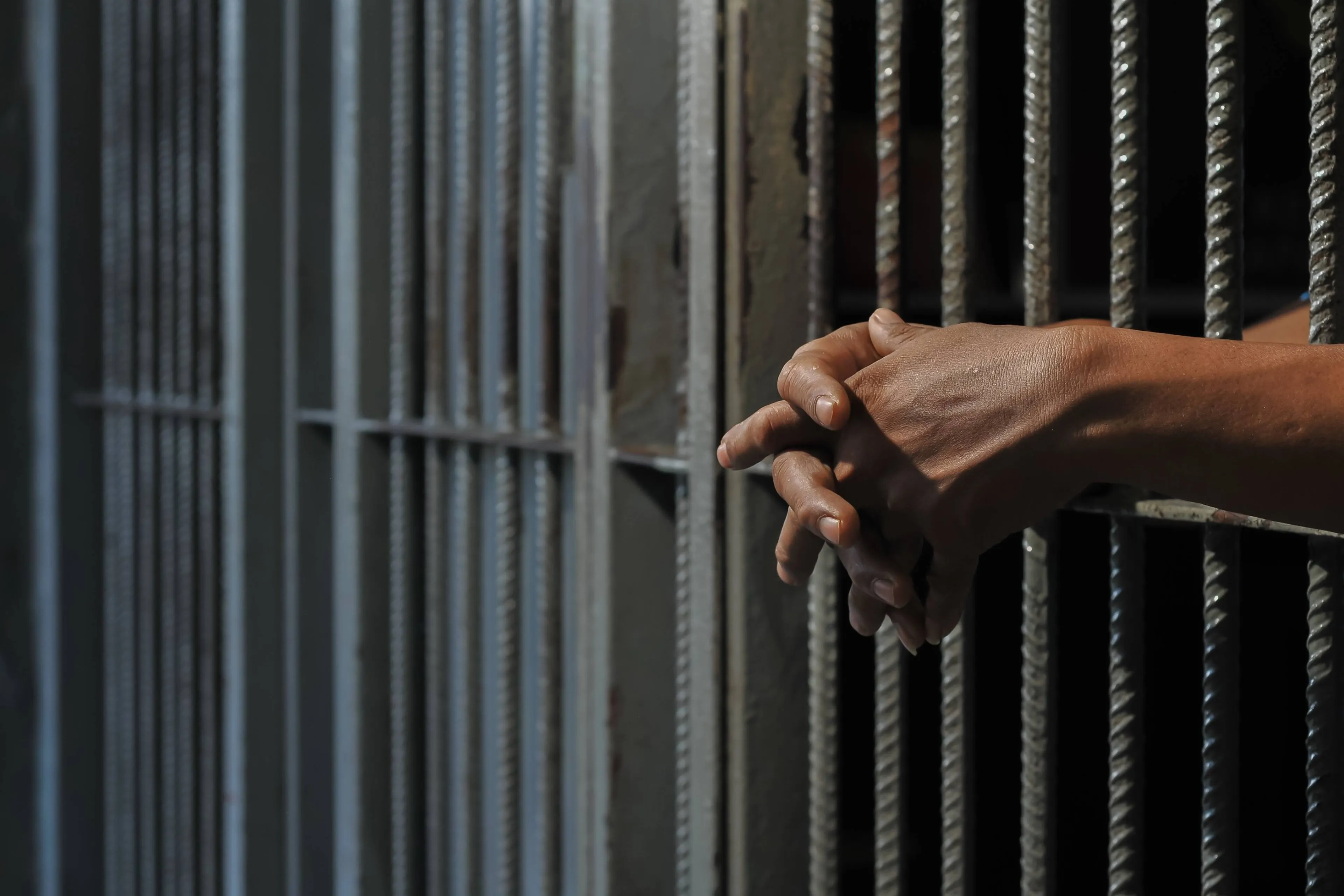Recordaangroei Noordpoolijs
Onheilsvoorspellingen van Al Gore over ijsvrije Noordpool bleken fantasie/duimzuigerij.
Toen Al Gore in 2007 de Nobelprijs (voor de vrede!?) ontving voor zijn misleidende klimaatpropaganda hield hij een apocalyptische rede, waarin hij beweerde: 'The North Polar ice cap is falling off a cliff. It could be completely gone in summer in as little as seven years. Seven years from now.
De laatste jaren is de oppervlakte Noordpoolijs echter spectaculair toegenomen. Na het uitblijven van die verschrikkelijke opwarming van de aarde de gemiddelde wereldtemperatuur is nu al bijna 18 jaar betrekkelijk stabiel staan de klimaatalarmisten nu ook bij deze ontwikkeling weer met lege handen. Ze zitten er steeds naast met hun prognoses. Dat schept natuurlijk een geloofwaardigheidsprobleem.
Wat te doen? Net als alle onheilsprofeten wier voorspellingen over het einde van de wereld niet uitkomen, wordt het tijdstip van de virtuele ramp naar de toekomst verschoven. Maar het aantal mensen dat nog geloof hecht aan deze sprookjes, slinkt voortdurend. Het gezond verstand keert gelukkig terug.
In 'The Mail on Sunday' rapporteerde David Rose:
[..] for years, many have been claiming that the Arctic is in an irrevocable death spiral, with imminent ice-free summers bound to trigger further disasters. These include gigantic releases of methane into the atmosphere from frozen Arctic deposits, and accelerated global warming caused by the fact that heat from the sun will no longer be reflected back by the ice into space. ...
But seven years after his warning [die van Al Gore], The Mail on Sunday can reveal that, far from vanishing, the Arctic ice cap has expanded for the second year in succession with a surge, depending on how you measure it, of between 43 and 63 per cent since 2012.
To put it another way, an area the size of Alaska, Americas biggest state, was open water two years ago, but is again now covered by ice. .
Judith Curry, professor of earth and atmospheric sciences at Georgia Institute of Technology in Atlanta, said last night: The Arctic sea ice spiral of death seems to have reversed.
Those who just a few years ago were warning of ice-free summers by 2014 included US Secretary of State John Kerry, who made the same bogus prediction in 2009, while Mr Gore has repeated it numerous times notably in a speech to world leaders at the UN climate conference in Copenhagen in 2009, in an effort to persuade them to agree a new emissions treaty. Mr Gore whose office yesterday failed to respond to a request for comment insisted then: There is a 75 per cent chance that the entire polar ice cap during some of the summer months could be completely ice-free within five to seven years.
Misleading as such forecasts are, some people continue to make them. Only last month, while giving evidence to a House of Lords Select Committee inquiry on the Arctic, Cambridge Universitys Professor Peter Wadhams claimed that although the Arctic is not ice-free this year, it will be by September 2015.
Asked about this yesterday, he said: I still think that it is very likely that by mid-September 2015, the ice area will be less than one million square kilometres the official designation of ice-free, implying only a fringe of floes around the coastlines. That is where the trend is taking us.
For that prediction to come true it would require by far the fastest loss of ice in history. It would also fly in the face of a report last year by the UN Intergovernmental Panel on Climate Change (IPCC), which stated with medium confidence that ice levels would likely fall below one million square kilometres by 2050.
Politicians such as Al Gore have often insisted that climate science is settled and have accused those who question their forecasts of being climate change deniers.
However, while few scientists doubt that carbon-dioxide emissions cause global warming, and that this has caused Arctic ice to decline, there remains much uncertainty about the speed of melting and how much of it is due to human activity. But outside the scientific community, the more pessimistic views have attracted most attention. .
Peer-reviewed research suggests that at least until 2005, natural variability was responsible for half the ice decline. But exactly how big its influence is remains an open question Prof Curry said: I suspect that the portion of the decline in the sea ice attributable to natural variability could be even larger than half. I think the natural variability component of Arctic sea ice extent is in the process of bottoming out, with a reversal to start within the next decade. And when it does, the reversal period could last for several decades. This led her to believe that the IPCC forecast, like Al Gores, was too pessimistic. Ice-free in 2050 is a possible scenario, but I dont think it is a likely scenario, she concluded.
Lees verder hier.
En zo valt het klimaatkaartenhuis steeds verder in elkaar. En dank zij onderzoeksjournalisten, zoals David Rose en Esther Wemmers, dringt dit bij een steeds breder publiek door, waardoor het wordt bevrijd van de ban van de klimaathysterie. Nu de politiek nog!
Naschrift
Ook POWNEWS schonk aandacht aan de sprookjes van Al Gore. Zie hier (vanaf 06.50).
En dan is er het opmerkelijke, uitzonderlijke interview met wetenschapsjournalist Marcel Crok. Theo Wolters schreef daarover op Climategate.nl:
Weg met MVO laat Marcel Crok aan het woord. En hoe .
Na een reeks vooraanstaande duurzaam bevlogenen (inderdaad the 'usual suspects': Minnesma, Rotmans, Borren etc) laat deze bijzondere club ook een tegengeluid aan het woord. Nu hier meteen kijken!
Dit levert een integer, correct en indrukwekkend interview op. Ik kan me niet herinneren ooit zon goed interview over de klimaatproblematiek gezien te hebben. Eindelijk gaat het eens over waar het over dient te gaan. Twintig minuten kwaliteit op een gebied waar dat zelden voorkomt. Alle lof, voor zowel Marcel als interviewster Petra Pronk.
Aldus Theo Wolters.
Het debat kantelt!
Voor mijn eerdere DDSbijdragen zie hier.
Ga verder met lezen
Dit vind je misschien ook leuk
Laat mensen jouw mening weten
Lees ook
Loading


